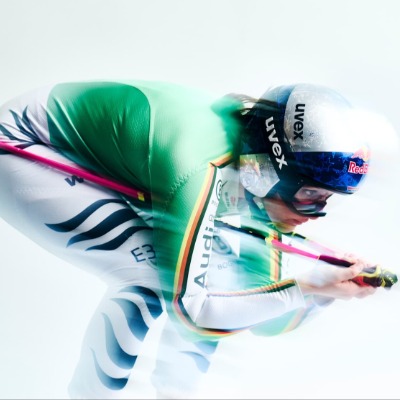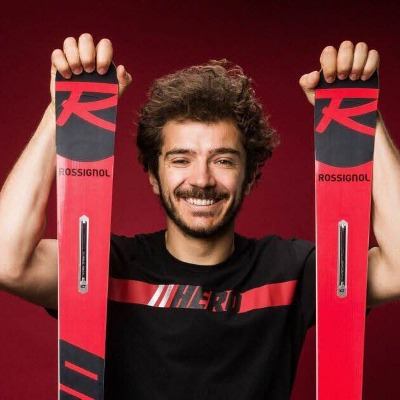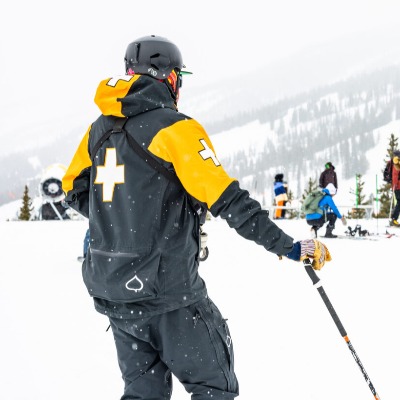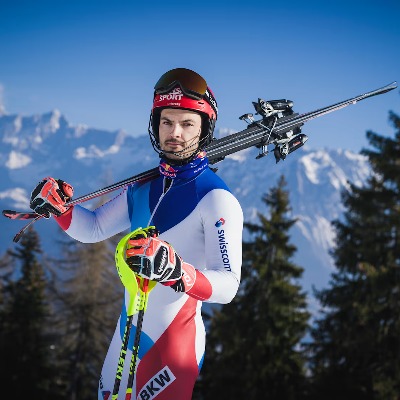14th South Tyrolean And Tyrolean Cable Car Conference In Ischgl . Lift Co’s Are Addressing Challenges
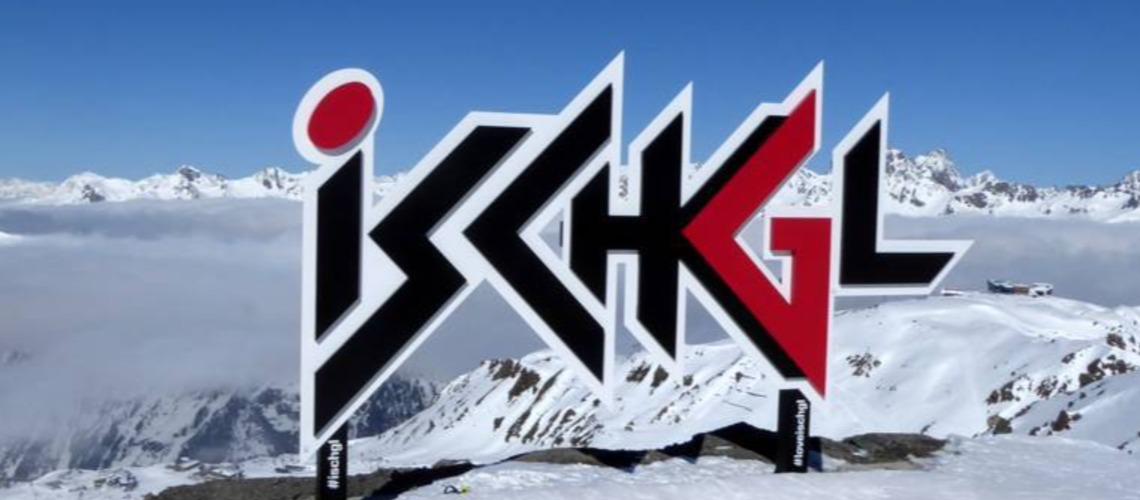
At the traditional joint cable car day of the Tyrolean and South Tyrolean cable cars, which took place in the Silvretta thermal baths in Ischgl, the focus was on mobility. Experts showed why it is worth investing in sustainable travel options, especially in view of demographic change
“After a warm autumn, there was unusually good snow conditions in the big cities at the beginning of December. February was exceptionally warm and Easter was at the perfect time, but unfortunately it was blown away by the wind. In any case, what makes us positive is that demand, when conditions were right, was and is good despite high inflation. It is still too early for the final figures for the season that is coming to an end, but when it comes to admissions and overnight stays, we should reach pre-Corona levels. The average revenue per entry, adjusted for inflation, has risen one euro above inflation over the last five years. That's not bad, but since we are confronted with significantly higher cost increases in many areas, for example in energy, financing, construction and personnel costs, times remain economically challenging," said Reinhard Klier, chairman of the Tyrolean cable cars, at the opening of the shared cable car day.
This traditional industry meeting of cable car companies from North, East and South Tyrol once again offered the ideal opportunity for a forward-looking exchange of ideas. This year the focus was primarily on the possibilities of mountain railways and tourism destinations in terms of sustainable mobility.
Current trends such as urbanization, environmental awareness and the search for sustainable transportation methods are resulting in important changes in the mobility landscape, which also have an impact on Tyrolean tourism:
Young people, especially Generation Z, would place less value on cars as a status symbol and would show interest in alternative mobility solutions; The increased environmental and climate awareness is causing tourists to resort to sustainable offers and Alpine regions are expanding sustainable transport options, thereby promoting environmentally friendly tourism.
The creation of the “Active Mobility” endowed professorship is intended to further intensify research into this topic at the University of Innsbruck.
Ötztal pilot region
Markus Mailer, professor of transport planning and head of the intelligent transport systems department, focuses on researching sustainable forms of mobility. “The challenge is to increase awareness of sustainable mobility and translate it into real behavior, as there is a discrepancy between attitude and actual behavior, known as the attitude-behavior gap,” explained Mailer at the All-Tyrolean Cable Car Day.
The Center for Mobility Change, which he leads and is an innovation laboratory funded by the Federal Ministry for Climate Protection, Environment, Energy, Mobility, Innovation and Technology (BMK), researches how motivation, skills and opportunities can influence mobility behavior. In ULTIMOB, the large lead project of the Mobility of the Future program funded by the BMK, new offers and services were tested in the Ötztal pilot region that make mobility in the region and the arrival of guests without their own car easier, reduce local traffic and provide added value for guests , locals and employees create. “In addition to partners from research, we have strong local partners here with the Ötztaler Verkehrsgesellschaft and the VVT who are involved in the development and implementation,” emphasizes Markus Mailer as project manager.
For example, multimodal nodes were created in Sölden, new luggage shipping offers and a ride-sharing platform that can also be used by guests. The development was accompanied by surveys of guests and locals. “These clearly demonstrate that high quality public transport and additional on-site mobility offers increase the willingness to travel by train. We were able to determine concrete figures for the first time,” summarized Markus Mailer.
Gondola conversations and user behavior
Elisabeth Happ, sports scientist and business economist at the University of Innsbruck and assistant professor at UMIT Tirol, is conducting a qualitative series of studies in cooperation with Ursula Scholl-Grissemann (a.o. Univ-Prof. at UMIT Tirol) that focuses on so-called “gondola conversations”. .
The aim of the study is to investigate how locals and tourists can be motivated to use sustainable mobility offers to the mountain railway without impairing the customer experience. What factors influence the motivation to use climate-friendly means of transport locally? What obstacles exist? “During the gondola interviews, the end consumers are interviewed in the environment in which they experience the interviewee directly and not just days later, for example. B. online after a vacation or a sporting activity – we know from research that this is a big advantage in terms of the validity of the response behavior,” explained Elisabeth Happ.
The so-called Motivation-Opportunity-Ability Model (MOA Model) serves as the basis for the study, which enables a strategic examination of the question of why people carry out or refrain from taking certain actions. Originally anchored in information processing theory, this model has also been extensively applied in the field of consumer behavior research. “In order not to develop offers that ignore users, we first need to know what is stopping them from using existing offers. Theoretical models such as the MOA model help us understand user behavior and develop appropriate suggestions for action,” added Ursula Scholl-Grissemann.
Growth in rail travel
Alessa Heeß from the Competence Center for Sustainability in Tyrol Advertising used the railway as an example to show what measures and incentives Tyrolean cable car companies and tourism destinations can set to influence the travel behavior of their guests.
“A train journey has many advantages. For example, it is relatively cheap, environmentally friendly and you get to your destination quickly. The proportion of guests traveling to Tyrol by train has already increased from five to nine percent between 2019 and 2023. There is certainly still great potential for improvement here if the appropriate train connections and on-site mobility offers are communicated and advertised,” says Heeß.
Tyrolean school ski campaign 2023/24
At least as important as the question of the best mobility solutions is the question of how young people can continue to be enthusiastic about winter sports in the future. The “Tyrolean School Ski Campaign”, an initiative of the Tyrolean cable car operators and the Tyrol Education Directorate, which is supported by Sport 2000 rent, plays an immensely important role.
Particularly cost-effective ski days and ski weeks offer an ideal opportunity to get children and young people excited about winter sports and at the same time raise awareness of the safety of skiing and possible risks on the slopes. This year (as of March 22nd) 43,019 participants (38,196 students/4,823 teachers) were on Tyrol's slopes as part of the school ski campaign and spent a total of 99,213 skiing days there.
“This is a new record and a positive signal for the future of winter sports,” says the chairman of the Tyrolean cable cars, Reinhard Klier.










